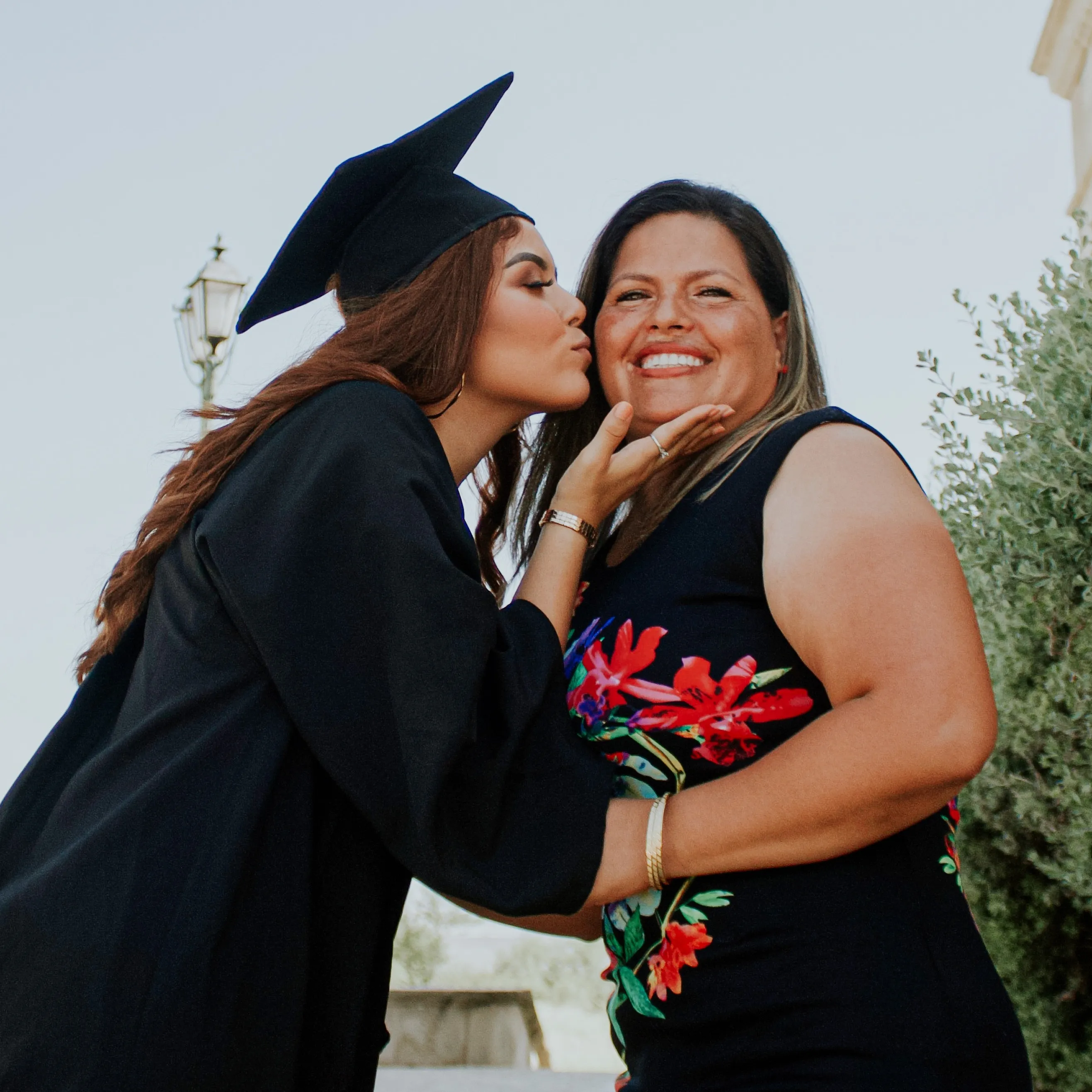Tutor qualifications may include an undergraduate degree, a teaching credential or a person may simply work as a private tutor after demonstrating proficiency in a particular subject. While possessing professional qualifications is often necessary for a person to become a tutor in certain settings, precise qualifications vary according to the tutoring job being offered. In some instances, no professional qualifications are needed in order to become a tutor. Still, academic and tutoring associations often offer training workshops to certify individuals to become a tutor, as some employers prefer these tutor qualifications to be met.
While the types of qualifications may vary according to the job being offered, tutoring requirements can often be satisfied by a person earning a degree in a particular subject. Most professional tutoring companies require this, as a degree demonstrates a person’s competency in a particular subject matter. Many times, however, companies will hire individuals who are in the process of getting qualifications such as a degree or a teaching credential.

Although a degree serves as adequate tutor qualifications in some settings, others require individuals to go a step further in training to become certified as a teacher. This qualification indicates that a person is not only proficient in certain subjects, but that she or he is trained to teach others, as well. While tutoring and teaching are two different positions, strong similarities between the two exist and a teaching credential often helps tutors qualify for certain jobs.
Not all tutoring opportunities require tutors to hold a degree or a teaching credential. In many cases, students are allowed to tutor other students. The tutor qualifications needed for such a role generally require an above average grade in the subject in which a student tutor plans to provide assistance, as well as a high grade point average for all subjects a potential tutor is currently enrolled in and has taken in the past. Precise tutor qualifications, even for student or peer tutors, however, do vary according to the school or individual seeking to hire a tutor.
Natural skills and abilities, such as good communication and organizational skills, are often listed as tutor qualifications. Tutors must also be trustworthy, reliable and have a reputation for helping students improve and excel in the subjects for which they are being tutored. Even if all other formal tutor qualifications are met, a tutor may still struggle to achieve success if these skills are lacking.








